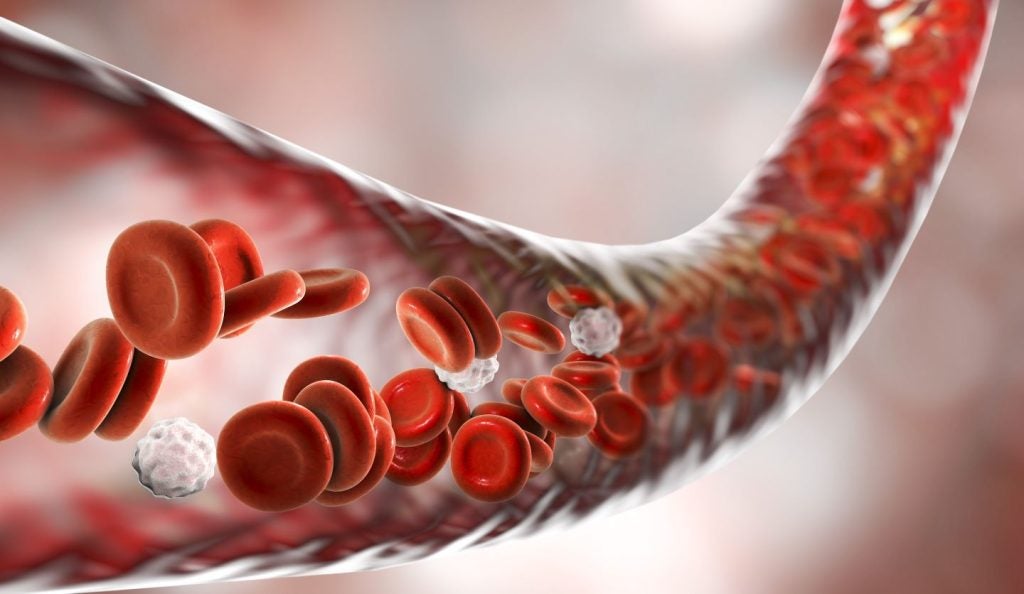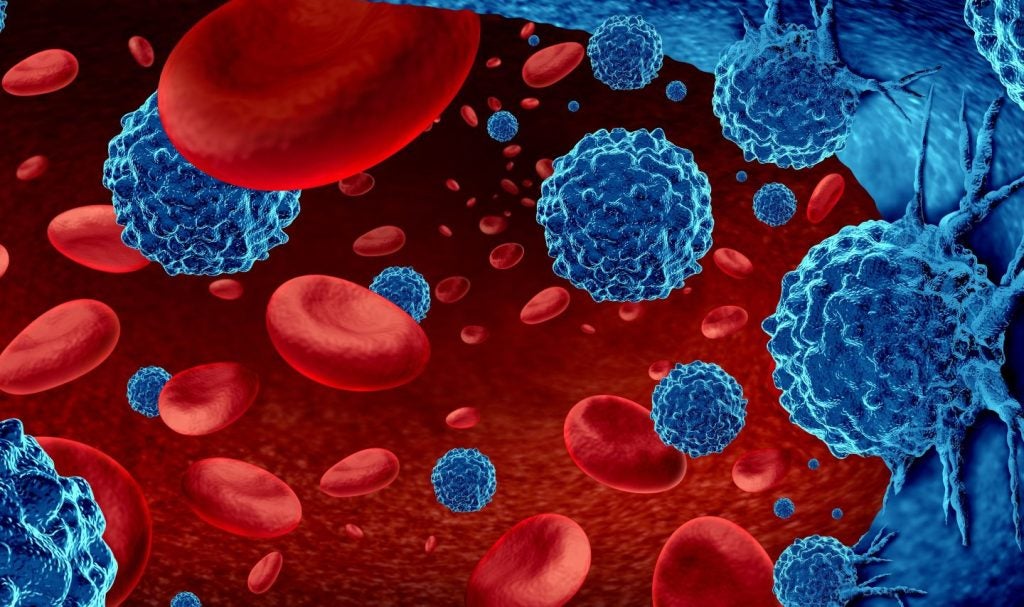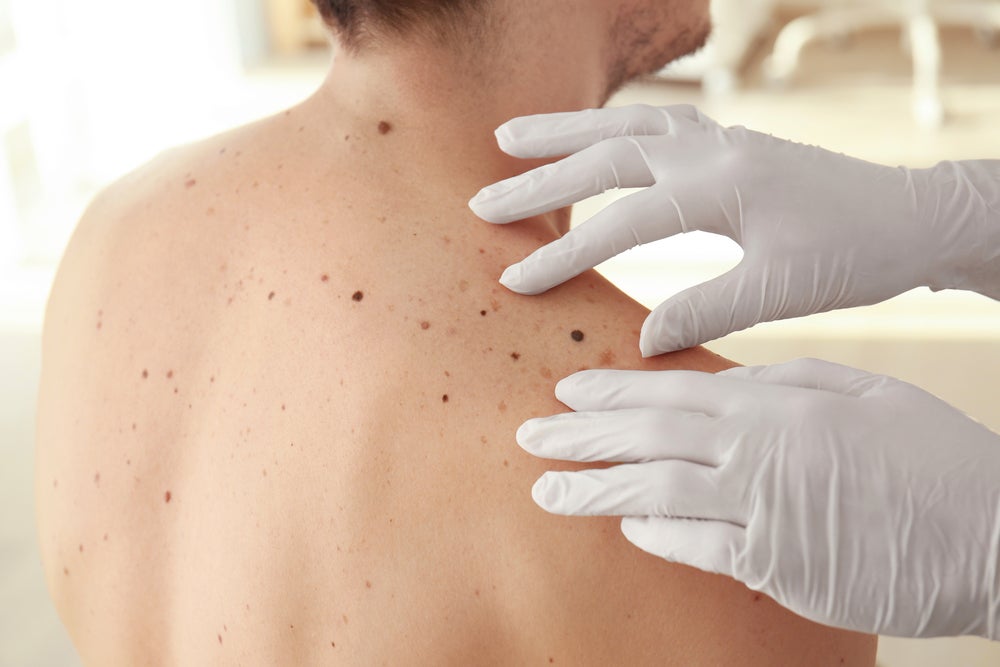US-based biotechnology company Apogee Therapeutics has begun dosing healthy subjects in its Phase I clinical trial of APG808, a potential treatment for various Type 2 allergic diseases.
The trial will assess the therapy’s potential to treat moderate-to-severe chronic obstructive pulmonary disease (COPD), asthma and other inflammatory and immune diseases.
A subcutaneous extended half-life monoclonal antibody (mAb), APG808 acts on IL-4Rα, a clinically validated target across eight Type 2 allergic diseases.
The placebo-controlled, single-ascending dose trial aims to enrol nearly 32 healthy adult subjects across four cohorts to assess APG808's safety, tolerability and pharmacokinetics.
Interim data from the study is anticipated in the second half of this year.
Following the Phase I trial and subject to positive results and the submission of an investigational new drug (IND) application or its international equivalent, Apogee plans to begin a Phase Ib trial of the therapy in asthma patients.
The data readout from this subsequent trial is expected in the first half of next year.
In addition, a placebo-controlled, randomised Phase II trial of APG808 in patients with moderate-to-severe COPD is expected to launch next year.
Apogee Therapeutics chief medical officer Carl Dambkowski said: “By targeting known biologic drivers of disease and utilising advanced antibody engineering such as improved half-life, Apogee aims to overcome limitations of existing therapies for inflammatory and immune diseases.
“We demonstrated the potential benefits of optimising antibody properties with APG777 and now hope to do the same with APG808, which, in head-to-head preclinical studies, demonstrated similar potency to current therapies but with a significantly longer half-life.
“Importantly, this points to potentially less frequent dosing for patients with COPD, which could significantly improve quality of life.”
Last August, Apogee dosed the first participants ahead of schedule in a Phase I study of APG777 to potentially treat moderate-to-severe atopic dermatitis and other inflammatory diseases.














